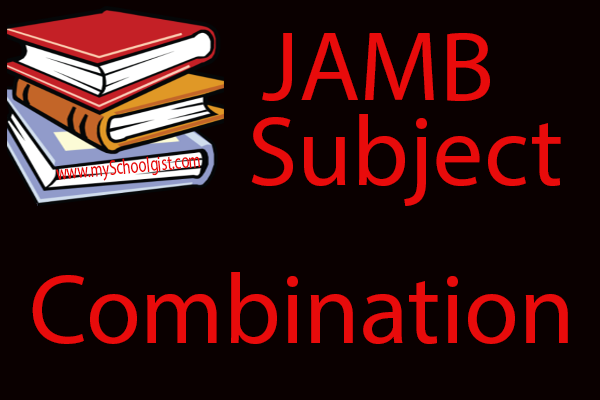
- The Joint Admission and Matriculation Board's annual examination is set to take place within the next few weeks
- Regardless of department or area of specialisation, all students are required to register for Use of English, the only compulsory subject in the exam
- The examiners in this subject test students' knowledge of simple yet potentially confusing concepts, such as countable and uncountable nouns, among others.
In the world of language and communication, precision is key, especially when it comes to examinations that determine one's academic future.
As the Unified Tertiary Matriculation Examination (UTME) approaches, candidates are brushing up on their English, particularly on the usage of words like 'property' and 'properties'.
The distinction between these terms is subtle yet significant, and understanding it could make all the difference in a JAMB test.
The word 'property' can be a tricky term for many, as it doesn't always conform to the regular rules of countable nouns.
For instance, when referring to the vast wealth of a billionaire, one might be inclined to use 'properties' to describe their numerous assets. This, however, would be incorrect. 'Property', in this context, is uncountable, encompassing all possessions regardless of quantity or value.
Property as an uncountable noun
Many people stumble over the correct use of 'property' versus 'properties'. "It's a common misconception that the plural form should be used when referring to someone's wealth," explained Akeem Lasisi, a language expert at The PUNCH.
"But in reality, whether it's billions, luxurious homes, or fleets of cars, it's all collectively known as 'property'."
The term 'property' remains singular when discussing the collective assets of an individual or entity. This includes everything from monetary wealth to real estate and personal belongings.
For example, the assets of renowned business magnates Aliko Dangote and Mike Adenuga, with their global reach, are still referred to as 'property'.
The government passed legislation to protect intellectual property rights. (Correct)
She inherited a considerable amount of property from her grandparents. (Correct)
The insurance policy covers damages to personal property in case of theft or fire. (Correct)
Property as a countable noun
On the other hand, 'property' can also denote individual real estate objects, such as land or buildings. In this scenario, the word becomes countable and can be pluralised.
For example, owning multiple houses would mean possessing several 'properties'.
This distinction is crucial for clarity in both everyday conversation and legal contexts.
Investors are interested in the potential rental properties in the downtown area (Correct)
The former governor used the state's fund to buy his private jet and other properties (correct)
Scientific application of the word
'Property' takes on a plural form when discussing the characteristics or components of a substance.
In science and medicine, substances are often described as having various 'properties', such as the medicinal properties of a plant or the physical properties of a chemical solution.
The biologist conducted research on the medicinal properties of the plant extract. (Correct)
The software engineer examined the computational properties of the algorithm. (Correct)
The historian studied the historical properties of the ancient artefact (Correct)
JAMB announces date of exam commencement
Earlier, Legti.ng had reported that the Joint Admission and Matriculation Board had announced the date for this year's Unified Tertiary Matriculation Examination (UTME).
The board made it public that the exercise would commence on Monday, April 19 and end on Friday, April 29.
.. Source: Legit.ng




